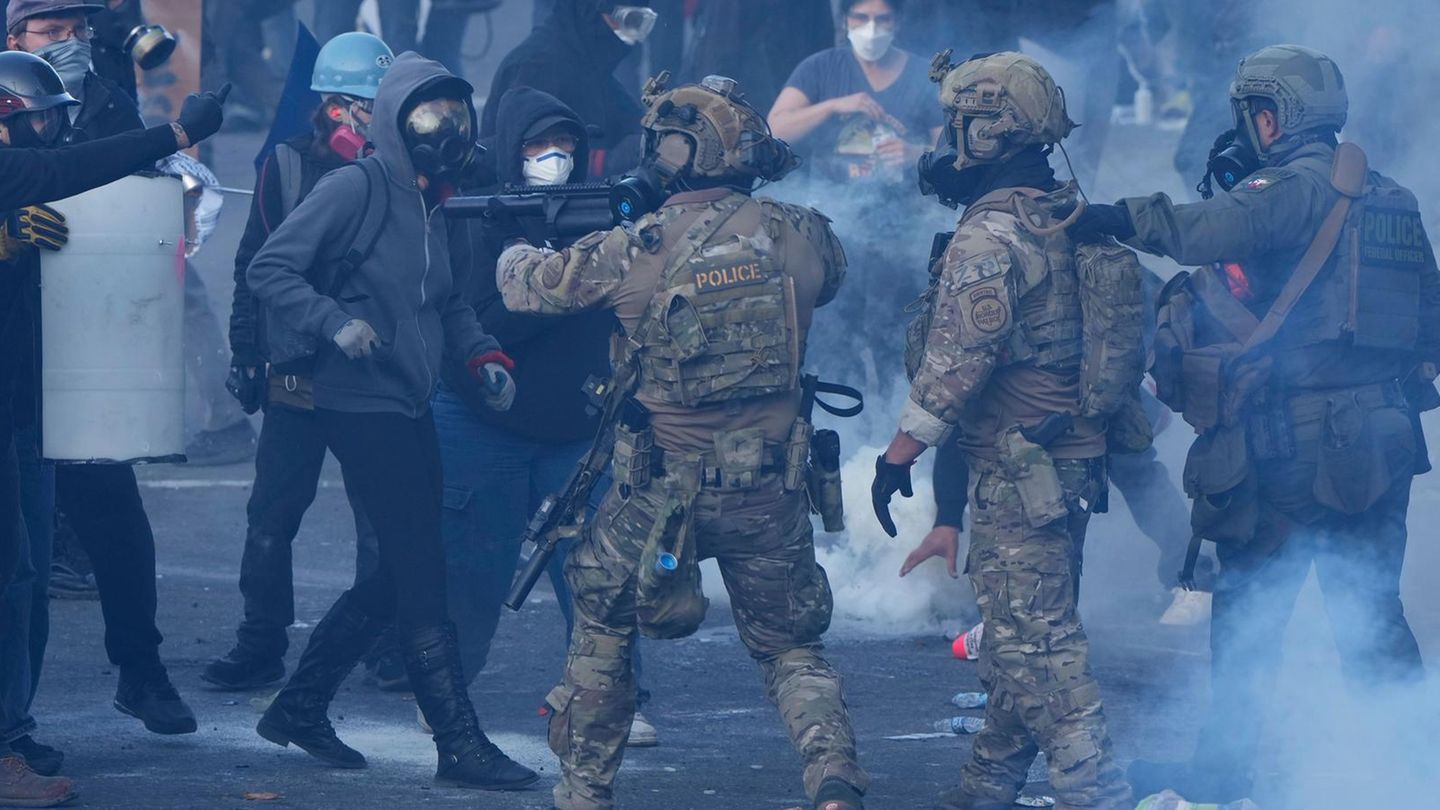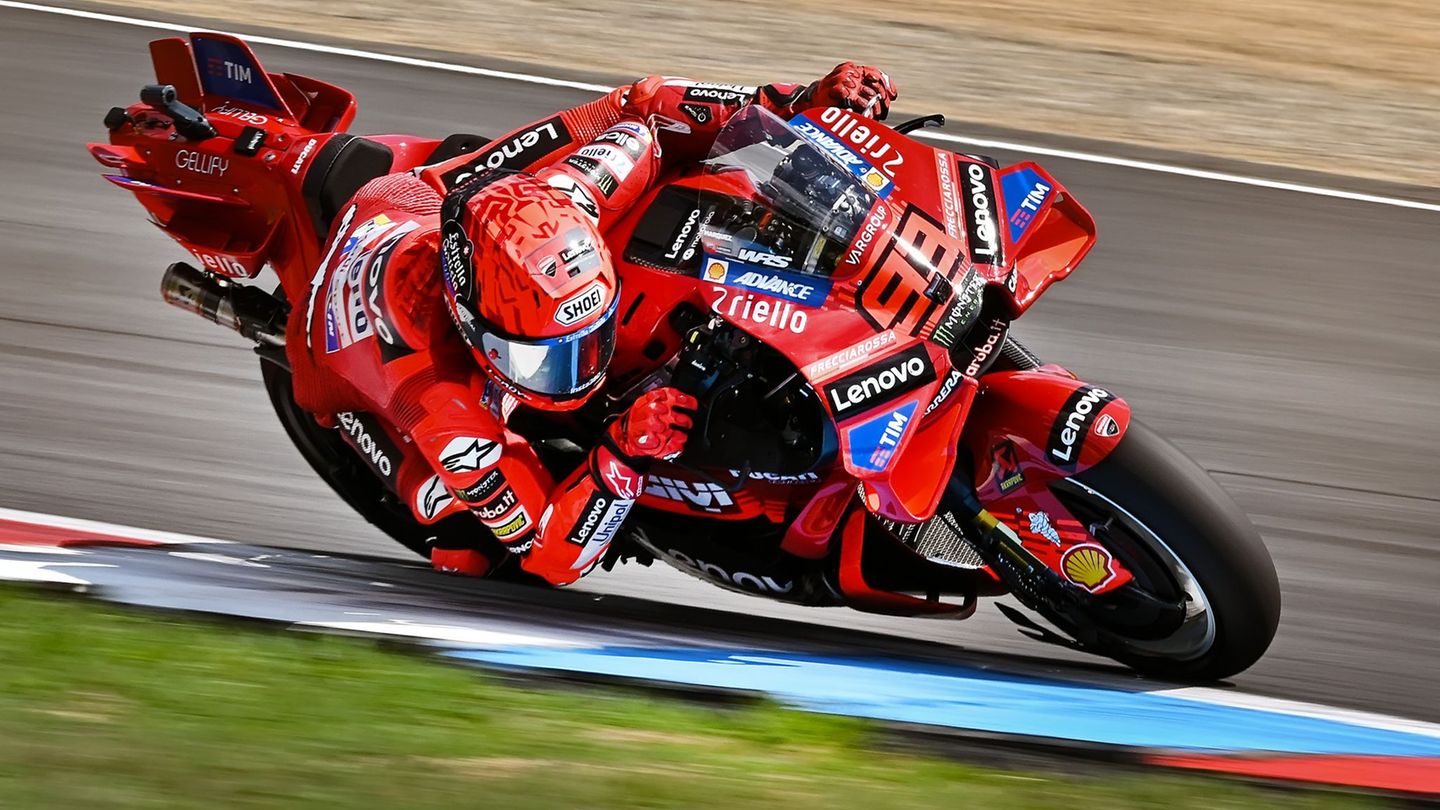A unique scientist, a convinced theologian and even a “living history book” – Georg Wildmann has taken on many roles in his life and has never lost one thing: the deep connection to his homeland that has shaped him throughout his life.
As the first of three sons of the Wildmann family, Georg was born in Filipowa in the Republic of Serbia in 1929 and completed his first years of school here until, at the age of almost 16, he was forced to work for several months in the Gakowa labor and extermination camp by the Yugoslav partisan regime in 1945 was committed. “My husband often talked about his experiences in Filipowa. More than 220 men, fathers, sons, brothers were killed here and he had to watch them being buried in a mass grave,” says his wife Erika. In 1946 the family managed to escape to Austria.
Always shaped by the teachings of the Church, Georg Wildmann decided to study philosophy and theology in Linz and Rome, where he was ordained a priest in 1956. But that should not be his destiny. As a religion teacher in Linz, he met the home economics teacher Erika Wendtner one day – and fell in love. “It wasn’t easy for Georg, he struggled with his conscience for a long time. But that showed us: We belong together. Our love triumphed,” his wife remembers. After the church dispensation, the two had a happy marriage for almost 50 years, which was made perfect by the two children Markus and Elisabeth.
In addition to theology and his family, Georg Wildmann never forgot those who, like himself, had been expelled from his homeland. Since 1975 he was committed to the Danube Swabians who settled in Austria. In a five-part history volume – the last one Wildmann only completed last year – he worked through the history of the Danube Swabians and left his extensive knowledge to future generations, which will soon be collected in a museum in Marchtrenk, says Mayor and Chairman of the Danube Swabians Paul Mahr.
After a serious illness, Georg Wildmann closed his eyes forever on April 9 in the presence of his family. The wake will take place on Thursday, April 21, at 7 p.m. in the parish church of Christkönig in Urfahr.
Source: Nachrichten




